Housing Minister Robertson ‘well regarded’ for municipal background, but needs a vision for housing, say sector experts
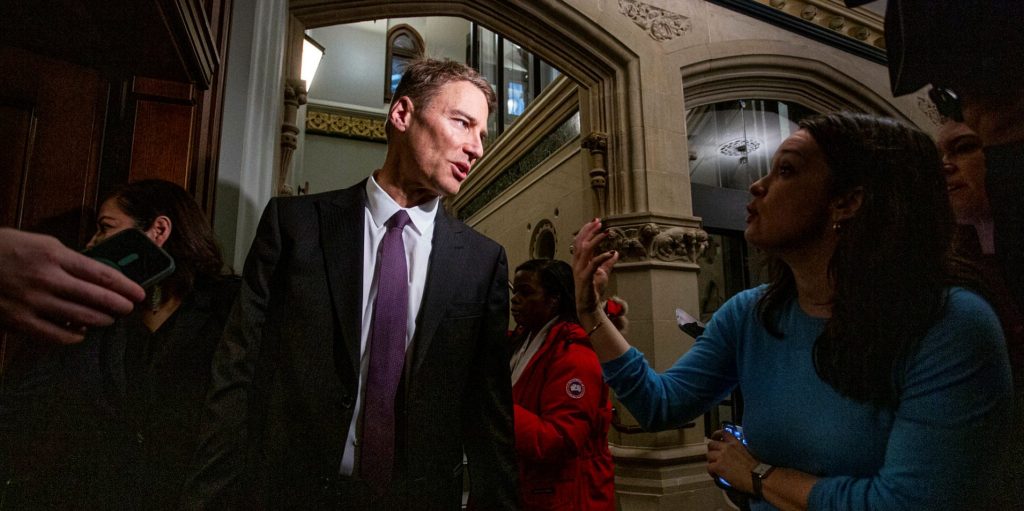
Canada is still nowhere near the level needed to make housing affordable for the middle class, and despite Robertson’s municipal bonafides, the federal plan is still not well defined, say observers and critics.
Learning to exhale when dealing with Trump

When it comes to dealing with the president and his pronouncements, follow the 24-hour rule when angry or upset.
MPs eye support for expat voters as PROC study on special ballot challenges wraps
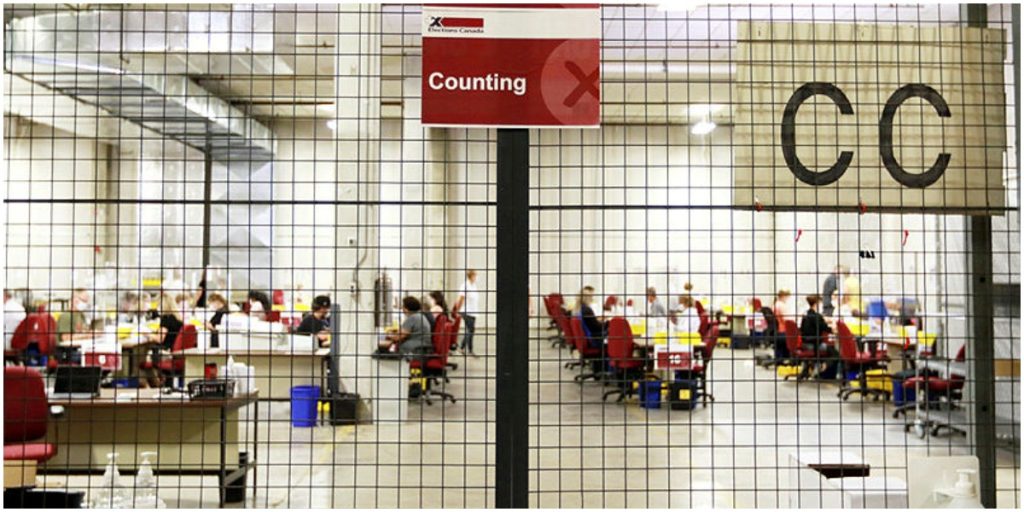
Committee members say they’re looking at changes to improve special ballot voting processes, including for voters living abroad who cast ballots in record numbers in the April 2025 election.
Bravo to Carney for speaking the truth
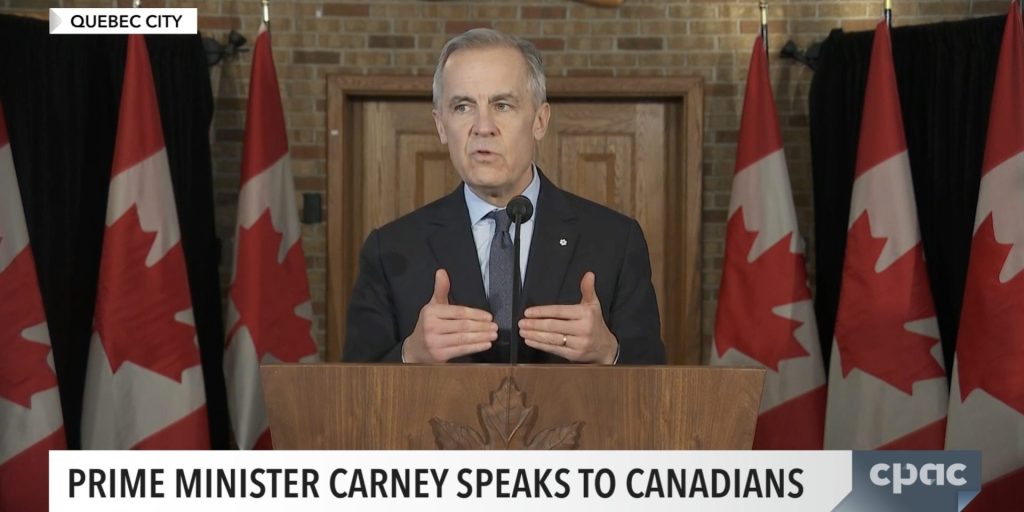
The prime minister dared suggest the Plains of Abraham is the symbolic cradle of Canada. And he was right to do so.
Holocaust Remembrance Day ceremony honours ‘debt we owe’ to victims, heroes

The Hill Times photographs by Andrew Meade
NDP MP McPherson tables bill to ban company unions
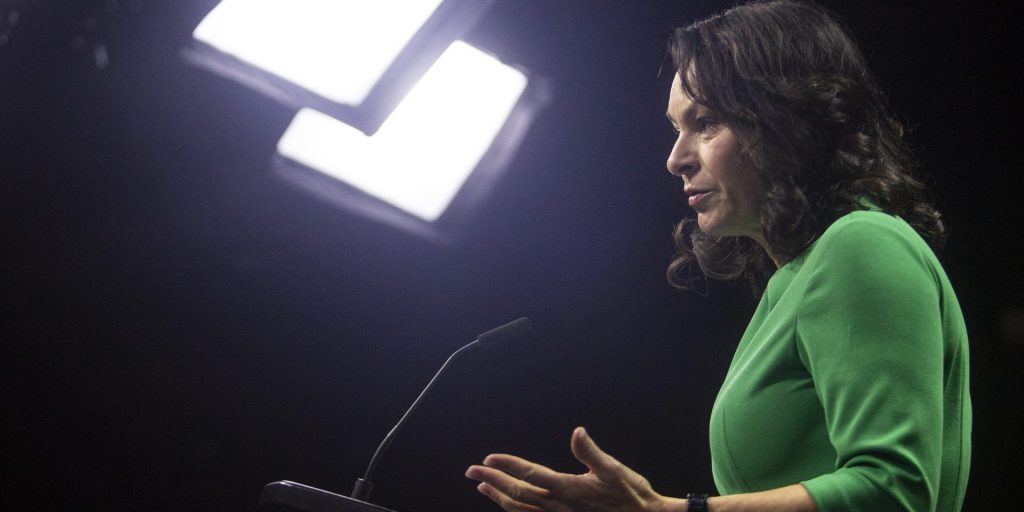
NDP MP Heather McPherson tabled her private member’s bill in the House on Jan. 27 in an effort to put a stop to company-backed unions. “They drive down wages, they weaken benefits, they erode trust in collective bargaining,” McPherson told reporters in a press conference, shortly after tabling her bill. “Ultimately, they hurt all workers.” […]
‘Not a chance’: Green Leader May says she can’t support budget omnibus bill without major changes, but NDP skeptical
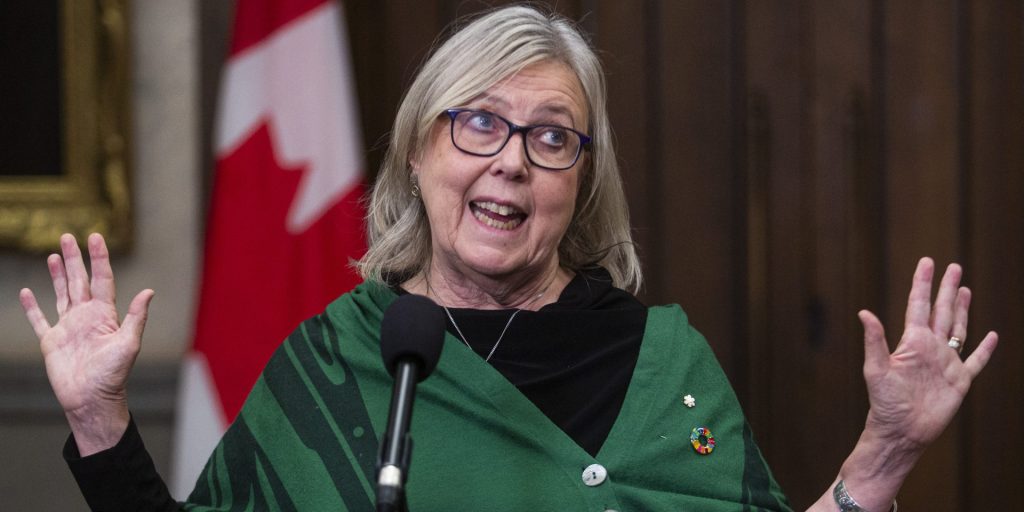
Green Leader Elizabeth May says the prime minister’s ‘word means nothing,’ but isn’t closing the door on co-operating with the progressive opposition to advance the government’s ecological agenda.
‘I will always be an advocate,’ says retiring Indigenous senior civil servant Gina Wilson after decades working to ‘bridge worlds’

Gina Wilson, recognized by her peers as Canada’s first woman Indigenous deputy minister, often ‘set the ball in motion’ from behind the scenes to get action on important issues, says Senator Kim Pate.
MPs return to Ottawa as Parliament resumes
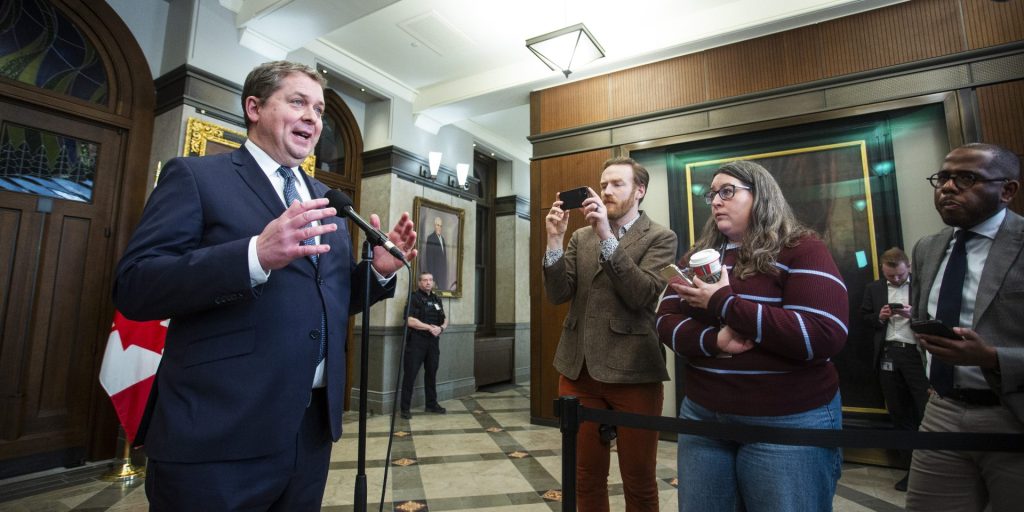
The Hill Times
Q&A | On Carney’s ‘brilliant’ speech, efforts to ‘neutralize’ China, and more with Sheila Copps
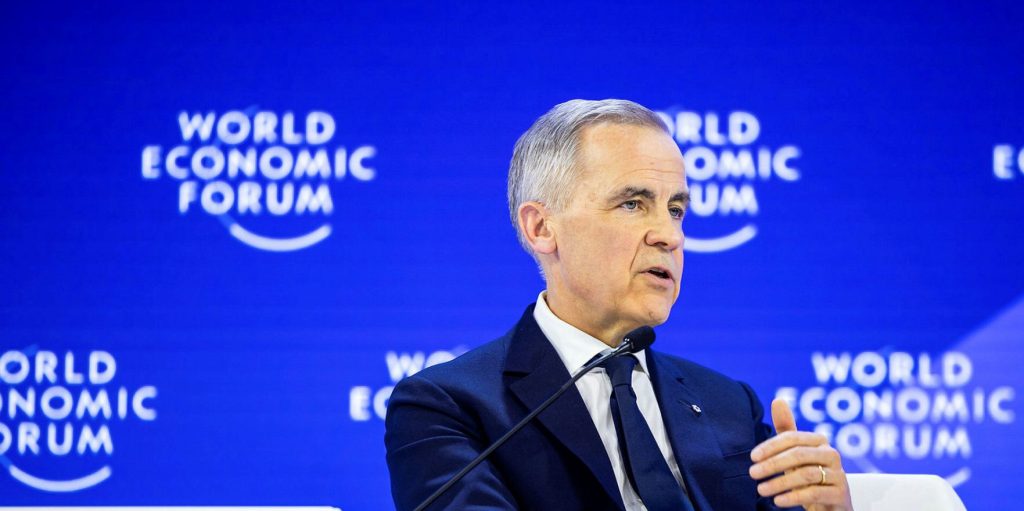
‘The most important discussion [for cabinet] is going to be around how they tackle the CUSMA challenge and also how they get these new markets going,” said Sheila Copps.

